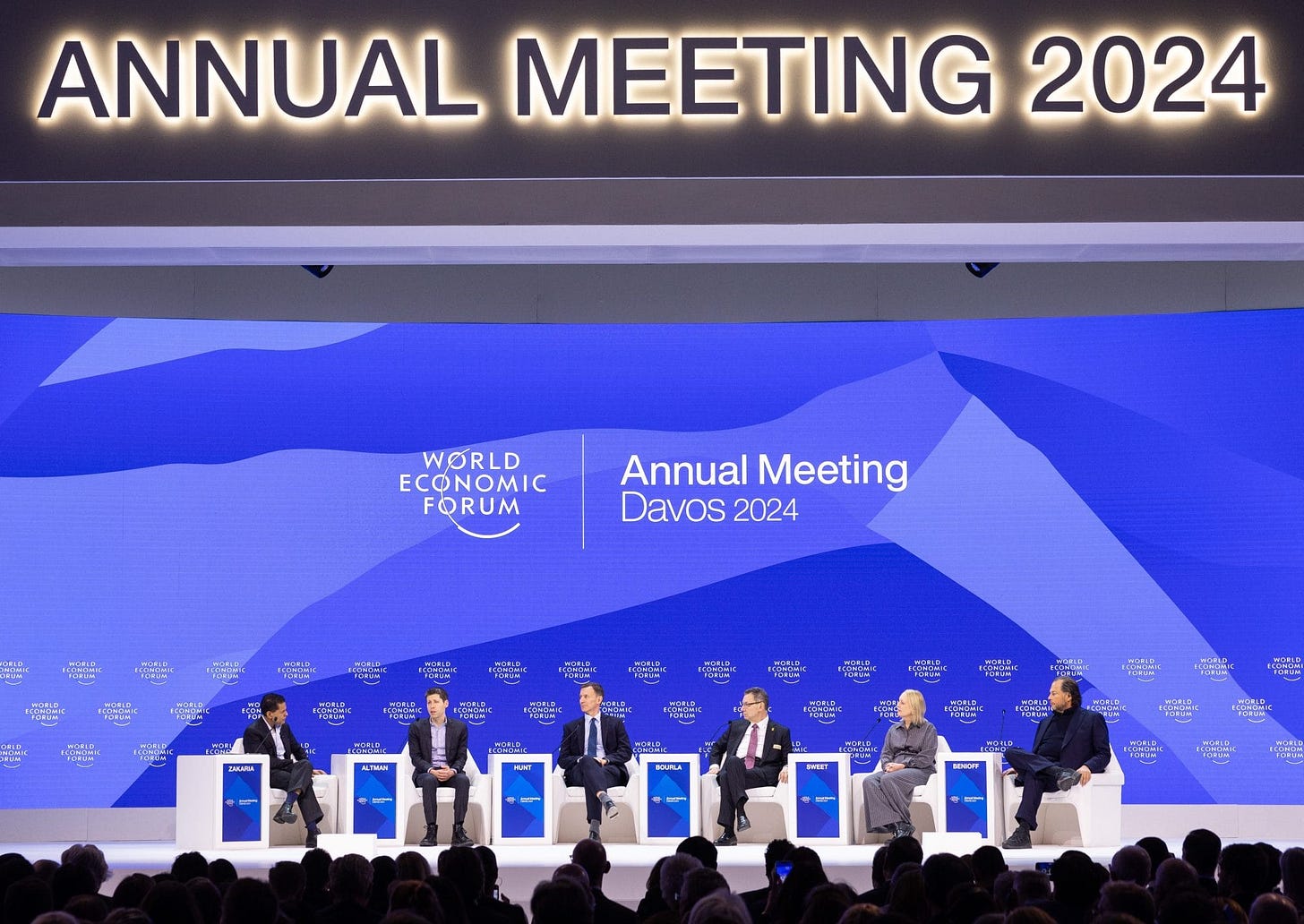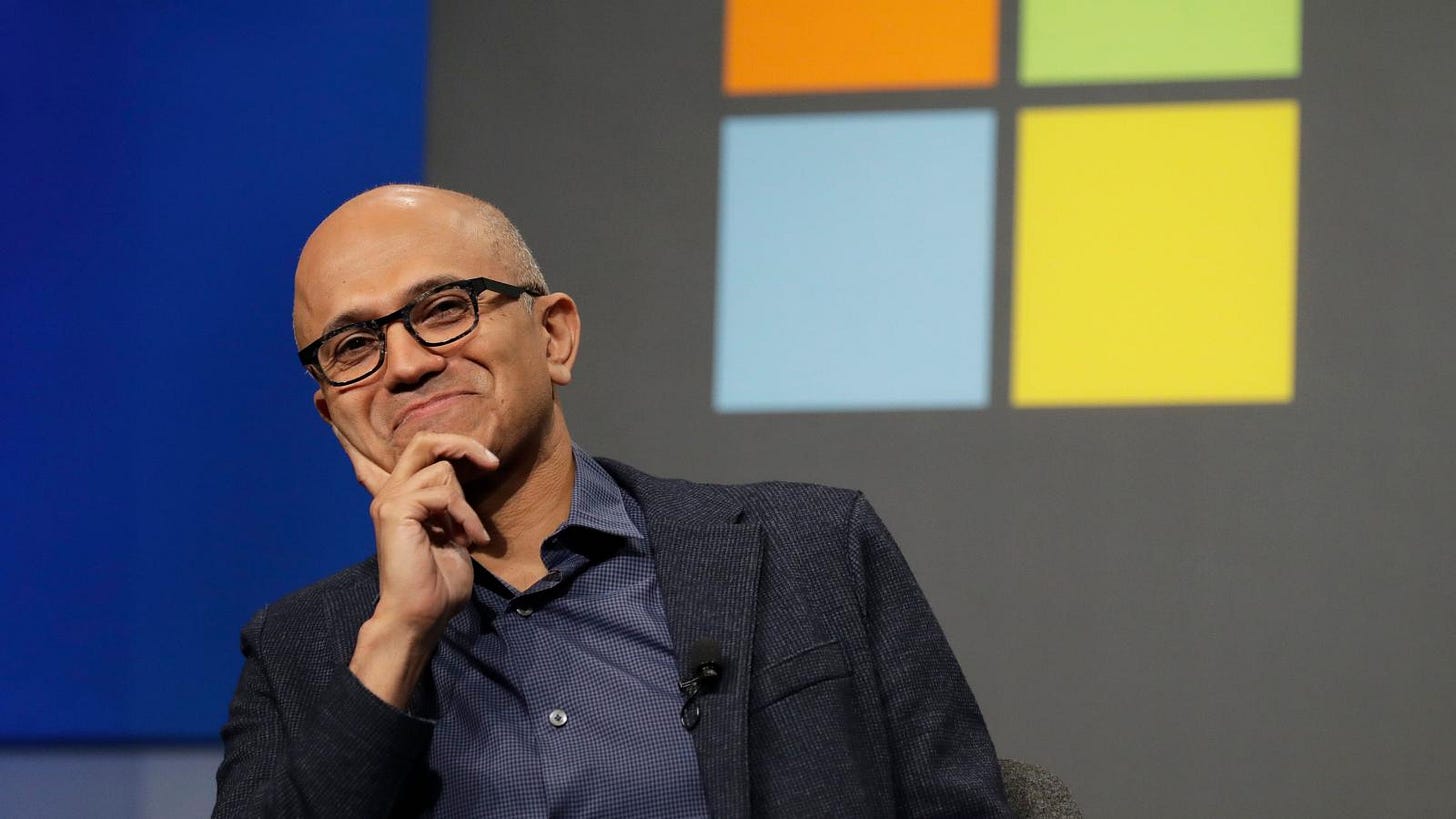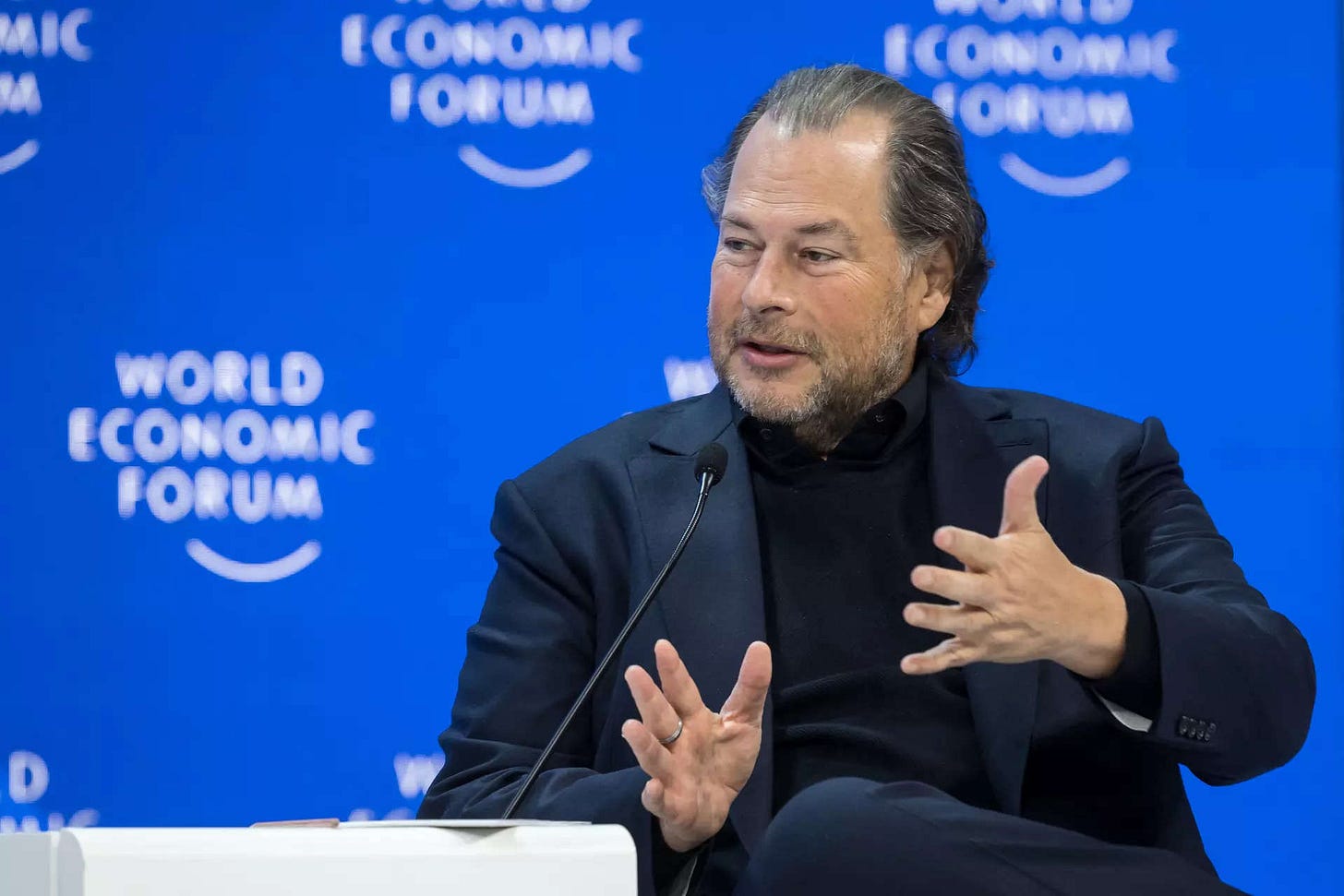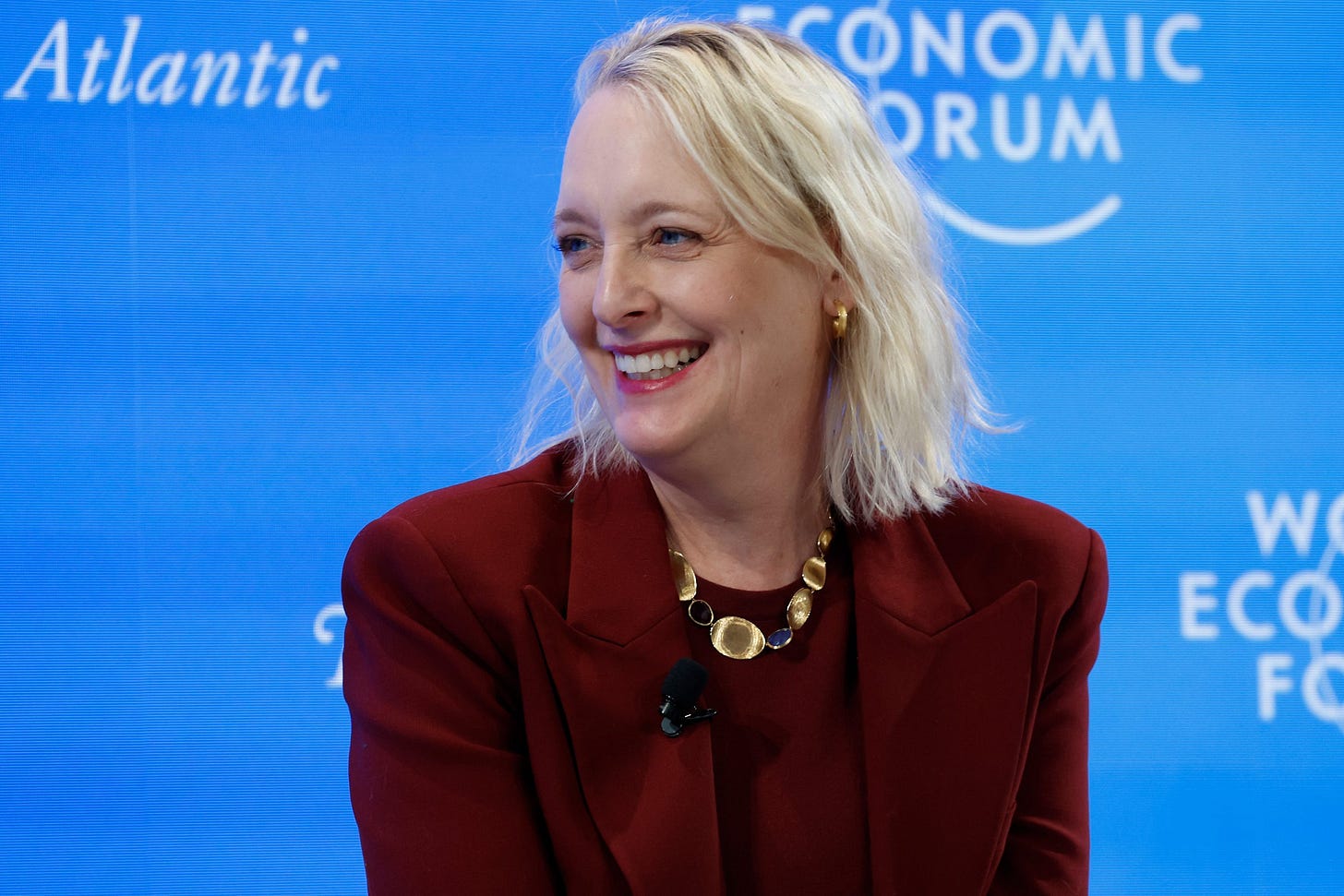Davos 2024 - Where AI Shapes the Future
Exploring Responsible AI Development and Global Perspectives. Unlocking the Potential and Ensuring Responsibility.
Welcome to a glimpse of the future as seen through the lens of the World Economic Forum's Annual Meeting in Davos 2024.
The gathering, a convergence of global leaders, illuminated the pivotal role of Artificial Intelligence (AI) in shaping our world.
With discussions ranging from economic impacts to societal transformations, the spotlight was firmly on responsible AI development and deployment.
The event, themed "Rebuilding Trust," underscored the imperative to establish guidelines for generative AI.
Leaders from government, business, and civil society advocated for a safety-first approach, emphasizing the need for norms in technology deployment.
The overarching theme spurred dialogues on pressing global challenges, casting AI as a central actor in fostering sustainable, inclusive growth.
The event provided a platform for global decision-makers to engage in constructive, forward-looking dialogues and identify solutions that contribute to sustainable, inclusive growth, with AI being a central part of these discussions.
The diverse range of sessions delved into different areas of science, such as the impact of AI on the economy and society, the clean energy transition, and the need for responsible AI development and deployment.
In all, about 60 heads of state and 800 CEOs were in attendance among a total of 2,800 participants, as they discussed wide-ranging issues — from climate change to economic slowdowns — at both formal and informal gatherings.
Here are some of the top quotes from the event about artificial intelligence and what lies in store for us:
“There seems to be a broad consensus that is emerging [around AI]. The world is coming together and saying we need new technology, we need some guardrails and we need norms of how we deploy this technology. That combination of private innovation with a safety-first approach to engineering and regulation to ensure that the broad societal benefits are amplified and the unintended consequences are dampened, would be the way forward,” said Satya Nadella, CEO, Microsoft.
“It’s a good sign that even at AI’s current, extremely limited capability levels, lots of people have found ways to get value out of it and also understand the limitations…There’s a harder question than the technical one, which is who gets to decide what the values (governing AI) are. That’s a big societal question,” said Sam Altman, CEO, OpenAI.
Ruth Porat, CFO, Alphabet
“AI has the potential to be the great equaliser. We have opportunities ahead of us to address pain points (in healthcare and climate) and to address the sustainable development goals,” said Ruth Porat, CFO, Alphabet.
Arvind Krishna, CEO, IBM
“India will be at the forefront of AI deployment. Given the scale of India’s data sets, it will be remarkably useful. We are a firm believer that India will be a massive beneficiary of AI. The workforce that is going to deploy AI will come from India,” said Arvind Krishna, CEO, IBM.
Neal Mohan, CEO, YouTube
“A third of humanity is going to go to the polls in one way or the other this year. The advent of this [generative AI] technology will lead to amazing things but will also be a tool that will be in the hands of bad actors,” said Neal Mohan, CEO, YouTube.
“All the training data has been stolen. Let the content creators get paid fairly for their work. That bridge has not yet been crossed and that’s a mistake by the AI companies,” said Marc Benioff, CEO, Salesforce, and owner of Time magazine.
“AI will create a lot of new jobs but you won’t be able to take the current people and put them in these jobs unless governments and companies partner together on reskilling,” said Julie Sweet, CEO, Accenture.
Sources: CNBC, ET, WEF, moneycontrol.
Thanks for being a part of the Rise & Shine community!
Thank you for reading our newsletter!💛
Join our community on LinkedIn.





